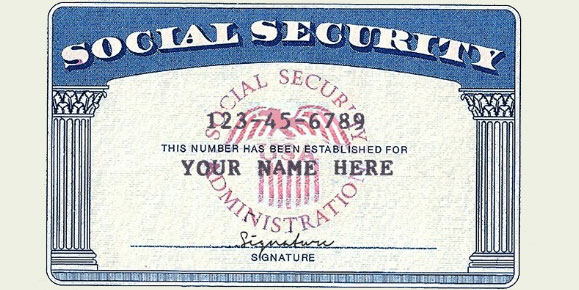But this isn't always the best course of action to take. If you want to maintain your employment and keep receiving your benefits, you need to consider several important advantages and downsides. Taking a job that pays a wage might reduce the benefits you are eligible for before you reach the age of full retirement. After that, the age increases to 67 years for those born in 1960 and after.
When you reach your full retirement age, you become eligible to receive 100 percent of the benefit you have earned over your career. However, if you earn more than the allowed amount and seek to withdraw assets before you reach full retirement age, generating income will cause a reduction in the number of benefits you are eligible to receive. For instance, in 2022, the earnings maximum is $19,560, and the Social Security Administration (SSA) will remove one dollar in benefits for every two dollars earned. This may quickly mount up.
Age Of Retirement And Social Security Benefits
You are allowed to begin receiving Social Security payments as early as the age of 62, provided that you are qualified for the program. You are also permitted to continue working throughout this time. You will be subject to a double penalty if you do this unless you have already reached the age at which you are eligible for full retirement benefits (often 66 or 67 years old).
Suppose you start collecting Social Security benefits before you reach the age of full retirement eligibility. If, on the other hand, you delay collecting your benefits until you reach the full retirement age of 66 or 67, depending on when you were born, you will get your full benefit regardless of whether or not you are working at the time or how much money you are making.
Benefits For An Extended Period
If you can defer collecting benefits for an extended period, not only will you not be subject to a penalty, but the amount of your benefit will also grow by 8% every year, up to the age of 70.5. Once you reach that point, you will have received the maximum advantage possible, and there will be no additional motivation for you to postpone. Only earned income counts in calculating whether or not an individual is subject to a decrease in their Social Security payments after reaching a specified income threshold. No consideration is given to income that is not earned, such as that received through pensions or investments.
The Benefits Of Receiving Social Security Income
There are a few positive aspects associated with receiving funds from social security. Even after taking into account the deductions, receiving social security benefits might be a helpful way to augment your income if you are working a job that pays a lesser rate. You will be able to receive your full retirement benefits and your pay if you can continue working when you reach the age at which you are eligible for full retirement. This might be beneficial.
The Drawbacks Of Receiving Social Security Benefits
If you continue to work while collecting social security benefits before you reach the age when you are eligible for the full benefit, your payments will be decreased. In addition, if you make too much money, the government may withhold part of your social security benefits until you reach the age of 66 or 67, depending on the year you were born. If you accept social security payments in addition to a wage, your total tax liability may be larger than if you only took an annual income. If you start collecting your benefits before you become 70, you will forfeit the opportunity to raise the amount of money you get from social security if you wait until you reach that age.

The Formula Used By Social Security To Determine Your Benefits
The amount of money you get from Social Security is determined by taking the average of the 35 years in which you made the most money. Therefore, if you are now making more money than you ever have, your best chance is to continue working for as long as possible and put off getting benefits until you are 70 years old. After that, you will be qualified to get the highest possible reward.
On the other hand, if you continue to work but begin receiving benefits at an earlier age, you could find that your income exceeds the Social Security thresholds. If you are younger than your full retirement age in 2022, Social Security will take $1 out of every $2 in additional earnings over $19,560. This deduction will continue until you reach full retirement age. After then, the whole amount of your reward will be paid out to you.





